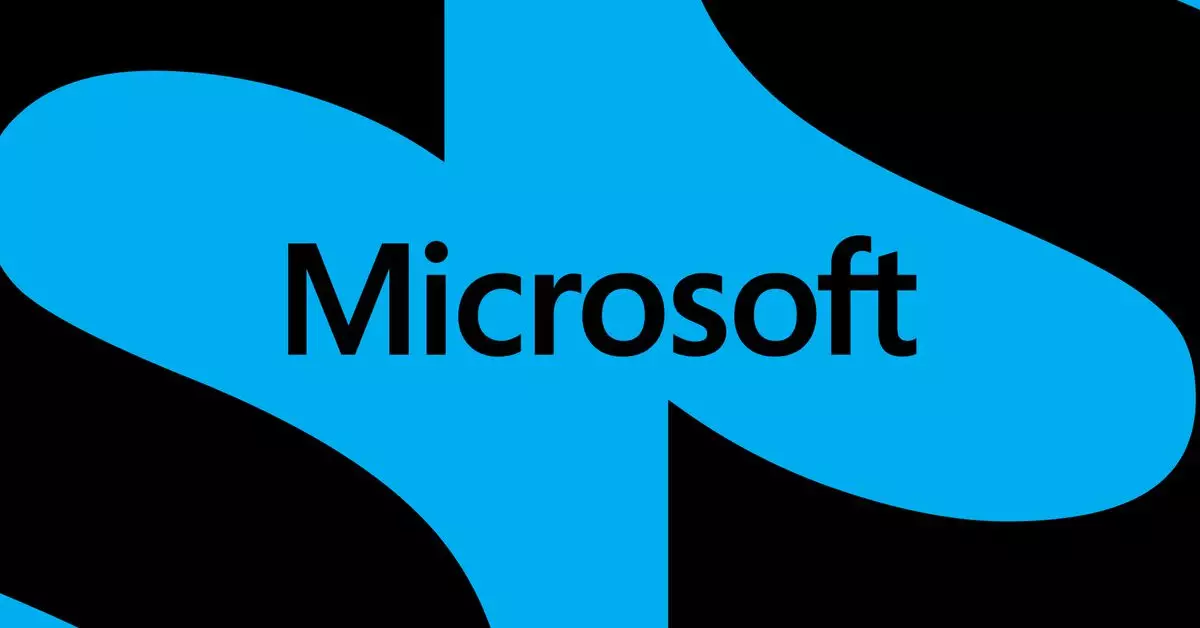In a recent legal dispute between The New York Times, Microsoft, and OpenAI, The Times sued Microsoft for allegedly copying its stories and using that data to mimic its style. Microsoft, however, is fighting back by citing OpenAI’s large language models as legal despite the potential for copyright abuse.
Microsoft’s lawyers are drawing parallels between the use of large language models and past technologies like the VCR, player piano, copy machine, personal computer, internet, and search engines. They argue that copyright law is not an obstacle to these advancements, just as it was not a hindrance to the development of the VCR.
Ian Crosby, lead counsel for The Times, disputes Microsoft’s claims by pointing out that VCR makers did not engage in massive copyright infringement to build their products. He argues that Microsoft’s comparison of large language models to the VCR is flawed and that it does not excuse the alleged infringement of The Times’ stories.
Microsoft also challenges The Times’ allegation that it induced users’ copyright infringement by offering products that utilize OpenAI’s GPT model. The company argues that there has been no direct evidence of infringement by users of the product and that The Times’ contributory infringement theory is unfounded.
Another point of contention is The Times’ claim that Microsoft violated the Digital Millennium Copyright Act (DMCA) by removing copyright management information from its training data. Microsoft argues that similar lawsuits with the same argument have been dismissed in the past, indicating that The Times’ claims may not hold water.
Legal battles like the one between The New York Times, Microsoft, and OpenAI have the potential to shape the future of generative AI as an industry. Depending on the outcome of this case, it could set a precedent for how copyright law is applied to emerging technologies and creative works.
The legal battle between The New York Times, Microsoft, and OpenAI highlights the complexities of copyright law in the digital age. As technology continues to advance, it is crucial for legal frameworks to adapt and evolve to protect the rights of content creators while also fostering innovation and progress in the field of artificial intelligence and beyond.


Leave a Reply